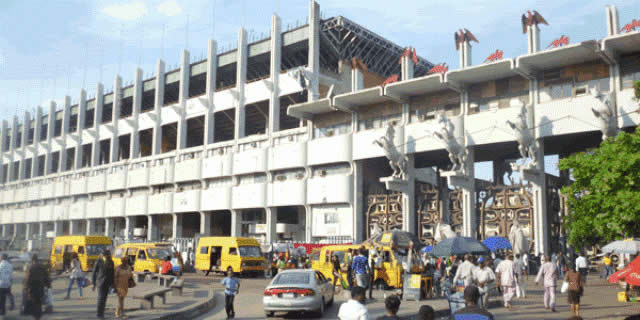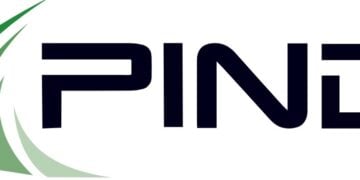Businesses in Nigeria sustained a positive trajectory, driven by the trade and manufacturing sectors for August, 2025
The NESG-Stanbic IBTC Business Confidence Monitor stated this, revealing that the Current Business Index rose to 107.3 points, up from 105.4 points in July.
The trade sector posted the strongest rebound of 114.1, while manufacturing also advanced, with an index score of 106.2. Non-manufacturing (116.2), Trade (114.1), and Services (103.7) all advanced in August compared to July 2025.
Conversely, Agriculture slipped into contraction territory, recording 95.6 index points.
The report stated that “this recovery was driven by stronger performance in technology, finance, manufacturing, energy, and logistics, supported by targeted investments and ongoing reforms. However, these gains were tempered by structural bottlenecks affecting operational efficiency and business profitability.”
It noted that “key sub-indices of the BCM, including investment, exports, access to credit, and prices, registered lower values relative to July 2025. The cost of doing business also rose in August, reversing the marginal relief of the previous month.
“Additionally, input prices continued to worsen during the period. Major constraints restricting growth and performance in August 2025 were limited financing access, unclear economic policies, unreliable electricity supply, high lease and rental costs, and persistent insecurity.”
Stanbic IBTC said that “business conditions in Nigeria improved in August relative to July as growth seen across the Manufacturing, Non-manufacturing, Services, and Trade sectors were enough to neutralise the contraction witnessed by the Agricultural sector in the month.
“Within Agriculture, crop production recorded the most significant decline, likely seasonal in nature, as August is the lean season based on Nigeria’s agricultural calendar, ahead of the main harvest season starting in September.”
The Organisation noted that “the Agricultural sector output may increase in September and October, likely due to higher output associated with the harvest season.
“Meanwhile, the Manufacturing sector rebounded in August after the contraction witnessed in July, supported by the Food, Beverage and Tobacco; Textile, Apparel and Footwear; Wood and Wood Products; and Pulp, Paper and Paper Products sub-sectors. Services also remained within the expansionary territory for the sixth consecutive month, supported by the ongoing improvement in FX liquidity conditions, softer price pressures, and relative stability of the domestic currency.
Stanbic IBTC disclosed that “overall, the Nigerian economy is still on track to grow by 3.5 per cent year-on-year in 2025 from 3.4 per cent Y-o-Y growth seen in 2024 supported by softer inflation, improvement in FX liquidity conditions, and structural reforms.”





